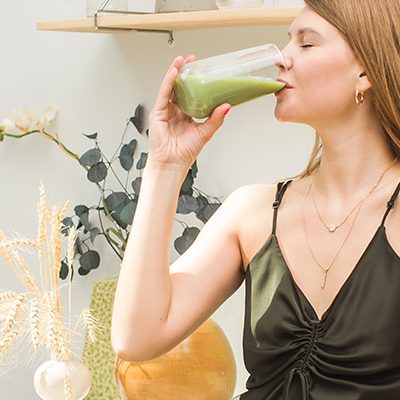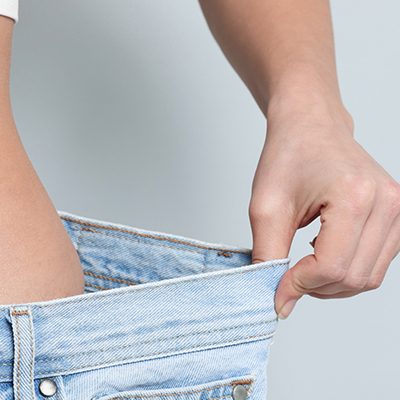Benefits of Coenzyme Q10
The potential health benefits of Coenzyme Q10 are varied, including:
- Heart Health:
Coenzyme Q10 has been shown to support cardiovascular health by improving blood vessel function and reducing oxidative stress in the heart, which may lower the risk of heart disease. - Increased Energy Levels:
By enhancing energy production in cells, Coenzyme Q10 may help combat fatigue and improve physical performance, making it particularly valuable for athletes. - Support for Mitochondrial Health:
As a key component in mitochondria, Co-Q10 plays a role in maintaining mitochondrial function and efficiency, which is crucial for energy metabolism. - Skin Health:
The antioxidant properties of Coenzyme Q10 can help protect skin cells from damage caused by UV radiation and environmental pollutants, contributing to healthier, more youthful-looking skin. - Improved Cognitive Function:
Some studies suggest that Coenzyme Q10 supplementation may support brain health, potentially improving memory and cognitive performance.
What Causes Coenzyme Q10 Deficiency?
Coenzyme Q10 deficiency can arise from several factors, including:
- Natural Aging:
As people age, the production of Coenzyme Q10 decreases, which may lead to a deficiency. - Nutrient Deficiencies:
Conditions such as a deficiency in vitamin B6 can adversely affect Coenzyme Q10 levels. - Genetic Disorders:
Genetic mutations affecting the synthesis or utilization of Coenzyme Q10 can lead to lower levels in the body. - Increased Tissue Demands:
Chronic diseases, including cardiovascular diseases and mitochondrial disorders, can increase the body’s need for Coenzyme Q10. - Oxidative Stress:
Prolonged oxidative stress, especially due to lifestyle factors such as excessive alcohol consumption and poor diet, can contribute to reduced Coenzyme Q10 levels.
Foods Rich in Coenzyme Q10
To help prevent depletion of Coenzyme Q10, incorporating the following foods into your diet can be beneficial:
- Organ Meats:
Liver, heart, and kidneys are some of the richest sources of Coenzyme Q10. - Meat and Poultry:
Beef and chicken provide significant amounts of this important compound. - Fatty Fish:
Fish such as trout, herring, mackerel, and sardines are excellent sources of Coenzyme Q10. - Vegetables:
Leafy greens like spinach, as well as broccoli and cauliflower, contribute small amounts of Coenzyme Q10. - Fruits:
Oranges and strawberries are also sources of this vital nutrient. - Legumes and Nuts:
Soybeans, lentils, peanuts, sesame seeds, and pistachios add to dietary intake. - Oils:
Soybean and canola oils are also good sources of Coenzyme Q10.
The Importance of Coenzyme Q10 for Health
Coenzyme Q10 is a vital nutrient that supports multiple aspects of health, from energy production to heart and skin health. Understanding its benefits and ensuring adequate intake through diet or supplementation can help prevent deficiency and support overall well-being.
While multivitamins can offer valuable support for overall health, it is essential to recognize that a balanced diet should remain the cornerstone of nutritional well-being. Multivitamins are intended to be a complementary measure and should not be considered a substitute for a diverse and nutritious food intake.
Note: It is strongly advised that individuals consult a healthcare professional prior to initiating any supplement, particularly if they have existing health conditions, are taking prescribed medications, or are pregnant.




